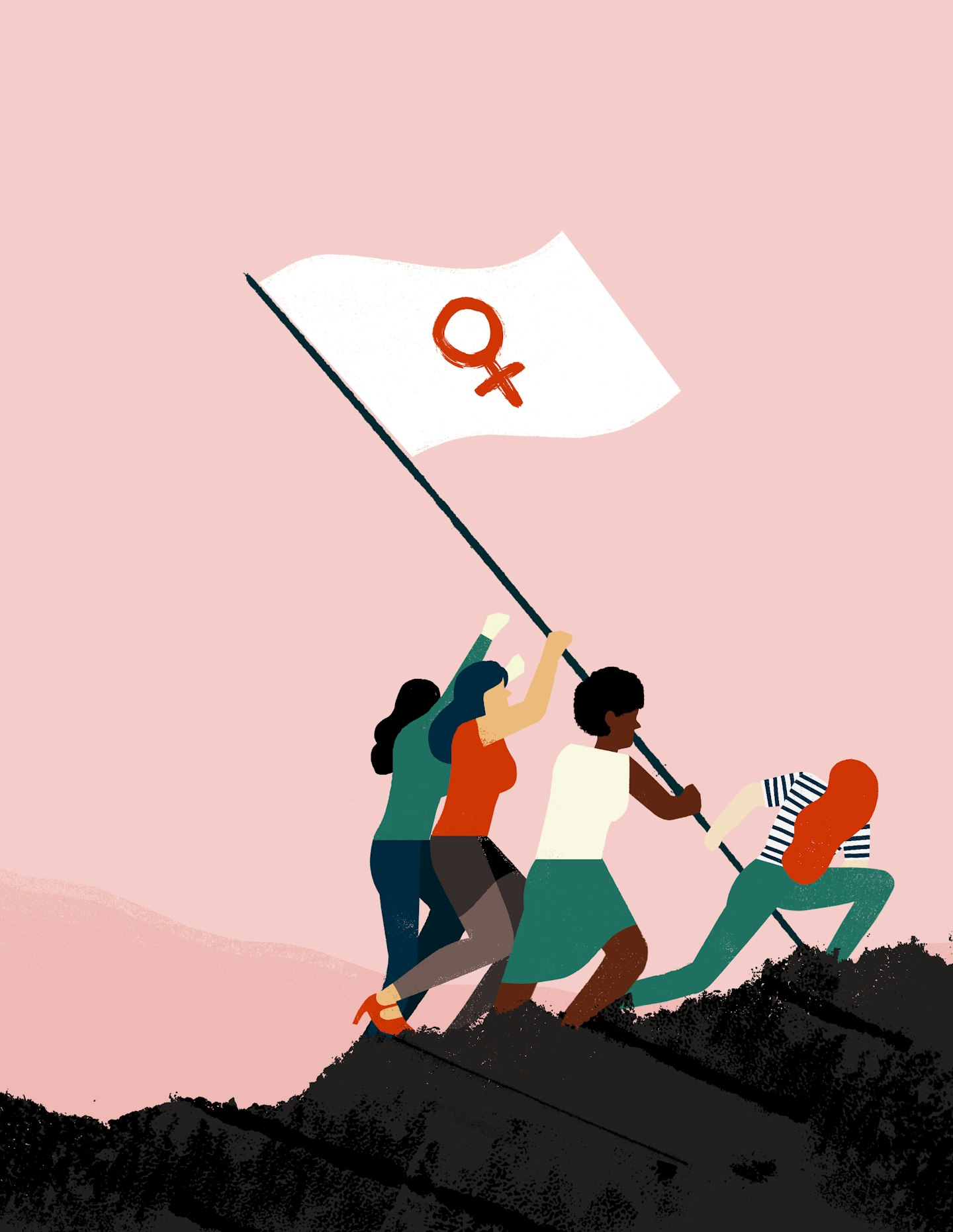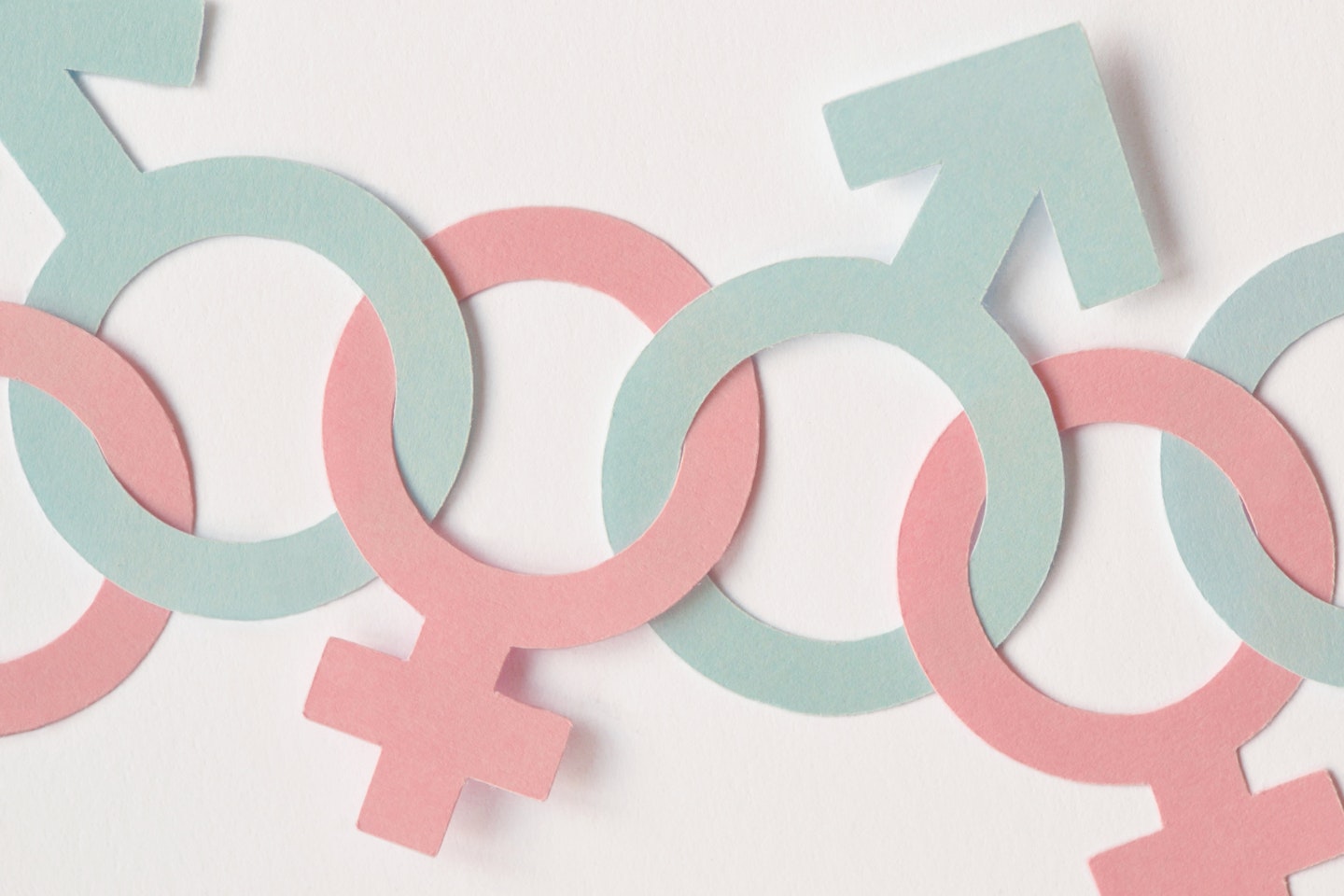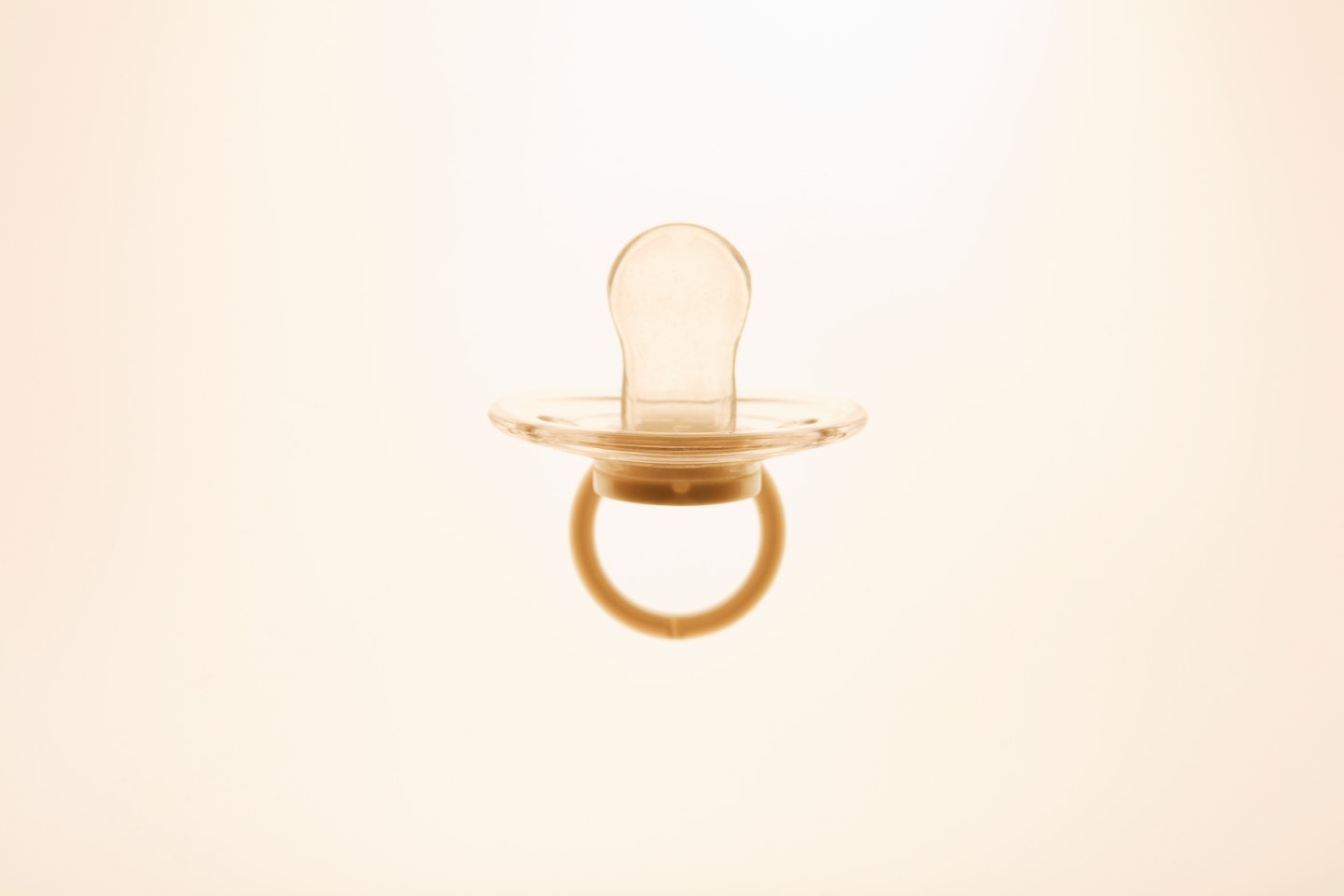The BBC presenter Samira Ahmed won a landmark case for gender equality against the BBC today. The case began in October last year after claims she was paid 85% less than her male counterpart, Jeremy Vine, for the same job.
As presenter of Newswatch since 2012, Ahmed has been paid £440 per episode. Vine on the other hand, is paid six times that at £3,000 a show for Points of View. Both Newswatch and Points of View are 15-minute presenter-led programmes that showcase public opinion on BBC content. The judgement today read 'her work on Newswatch was like Jeremy Vine's work on Points of View under section 65(1) of the Equality Act 2010.'
She was told in a recent hearing she is owed near £700,000 in back pay.
The BBC argued that the shows have different formats and audiences, therefore the presenters do not do a similar job.
It is not the first equal pay complaint Ahmed has brought to the BBC; last year she asked for full backdated pay after receiving 50% less than her male equivalents on Radio 4’s Front Row and 33% less on Radio 3’s Night Waves. According to the National Union of Journalists (NUJ) – which is supporting Ahmed’s current case – the BBC agreed to her request.
‘I love my job on Newswatch, despite it being difficult and challenging,' Ahmed said in a statement. ‘I know that it is an important part of demonstrating the BBC service to all its audiences and the licence-fee payers.
‘On the back of my BBC ID card are written the BBC values, which include “we respect each other and celebrate our diversity” and “we take pride in delivering quality and value for money”’ she continued. ‘I just ask why the BBC thinks I am worth only a sixth of the value of the work of a man for doing a very similar job.’
Ahmed arrived at court in October with fellow BBC presenter Naga Munchetty and received support from other co-workers at the corporation and journalists, including Sandi Toksvig, Alan Rusbridger and Andrew Copson.
Since announcing its support of Ahmed, the NUJ has called the BBC’s gender pay gap ‘monumental’ and congratulated Ahmed for her ‘persistence and determination to secure fair and equal treatment by her employer.’
Read More: 17 reasons the gender pay gap exists...
17 Reasons Why The Gender Pay Gap Exists - Grazia
 1 of 17
1 of 171. Cost of childcare
For many couples, the cost of childcare in the UK is prohibitively expensive; in the sense that it prohibits women from going back to work. A friend of mine, a graduate and a mother of two living outside London, realised that were she to go back to work, once you took the cost of childcare for both her children away from her salary, she would earn a grand total of £20 a week. When confronted with the cost of nurseries, childminders, nannies etc it usually makes most sense for the person on the lower income to give up work, for a time, and look after children themselves. That, as we will see, is often the woman, which then perpetuates any income disparity that existed before they had children. Never mind the fact that in the UK, eligible partners are entitled, after the first two weeks from birth, to take the rest of the 52 weeks of leave (up to a maximum of 50 weeks) as Shared Parental Leave (SPL) or take the rest of the 39 weeks of pay (up to a maximum of 37 weeks) as Statutory Shared Parental Pay (ShPP). Never mind the fact that for non-breastfeeding mothers all caring can be shared or undertaken by a father or partners. Never mind that a child is almost always created by, and therefore the responsibility of, two parents. Thanks to the government attitude towards funding social welfare (as in, they'd rather allow enormous tax breaks for millionaires than fund any social welfare) childcare in Britain is simply too expensive to allow both parents to raise their family.
 2 of 17
2 of 172. Gendered language of recruitment
The language of recruitment is often, almost unconsciously, gendered in a way that discriminates against women. According to The Economist, research in Canada has compared reactions to ads for the same jobs that used stereotypically masculine words (leader, competitive and so on) or feminine ones (such as support, interpersonal and understand): 'Women found the "masculine" jobs less appealing, but not because they felt they would be unable to do them. They read the words as a signal of a male-dominated workplace, where they would not belong'. As one female neuroscientist friend put it to me, recruitment is structured to reify whatever aspects of STEM culture were and are prevalent, which historically has always been the reserve of white men of privilege. According to her, "it's the ultimate tautology": we think 'our science environment is like this, so this must be good for science' even when that environment doesn't work for a huge swathe of people, most notably the the BME and female scientists.
 3 of 17
3 of 173. Women in low-paid, unskilled work
According to the Office for National Statistics, more women still tend to work in occupations that offer lower salaries than men. Administrative and secretarial work, care work, customer services, cleaning. In short, the old picture is true; while the bosses in the offices may be older white men, the people actually doing the hard, unremarkable, undervalued drudge work of cooking, cleaning, standing at a shop counter, typing, answering the phone, wiping bums and brushing teeth will be women.
 4 of 17
4 of 174. Fear of getting sacked
For many women employed under short term or zero hour contracts, the fear of losing work outweighs the desire to challenge unfair practices. You may well suspect you are being paid less than your male counterparts but without the support of trade unions (55% of today's workforce in Britain has never been in a union) and the confidence of knowing you'll be able to pay your rent next month, it takes a brave person indeed to mount a challenge.
 5 of 17
5 of 175. Antisocial work culture
For many women employed under short term or zero hour contracts, the fear of losing work outweighs the desire to challenge unfair practices. You may well suspect you are being paid less than your male counterparts but without the support of trade unions (55% of today's workforce in Britain has never been in a union) and the confidence of knowing you'll be able to pay your rent next month, it takes a brave person indeed to mount a challenge.
 6 of 17
6 of 176. Male-dominated graduate schemes
Despite women's performance at higher education, graduate schemes are unfairly dominated by men. According to an AGR survey from 2016 of leading employers, while 54% of students are women, they make up just 47% of graduate scheme applicants. So, even though women have the qualifications, a disproportionate amount of graduate jobs ie. the well paid, high status ones, go to men.
 7 of 17
7 of 177. Men getting all the credit
Get a group of working women together - give them the time and space to share and reflect on their experiences, and a consensus will eventually be reached: men's achievements are viewed, subjectively, as of greater value than women's. Not just at work (how many 'stay at home mothers' are congratulated for their remarkable sacrifice? Or women lauded for the fact that they have made dinner?) but very noticeably at work nonetheless. It is simply too often the case that when two employees are involved in collaborative or equal work, the man will still be unfairly awarded for his achievements. It is the patriarchy's clever little confirmation bias running under everything we do: men are the best because we view them as the best and therefore award them the best allowing them to be the best. According to Citizens Advice Bureau, in order to bring a claim of sexual discrimination to an employment tribunal you would have to: compare yourself to someone of the opposite sex who works for the same employer as you and to be able to show that you: are doing like work; are doing work which has been rated as equivalent to the other person's under a job evaluation study; are doing work which is of equal value to that of the other person. This, of course, is easier said than done when, so often, men get promoted above their female colleagues, get a wider range of professional development opportunities or training, are credited for work that is not theirs and are evaluated subjectively and unfairly.
 8 of 17
8 of 178. Nobody wants to hire a 34-year-old assistant
I still remember the day I explained to my boss that I needed to get above the level of assistant editor before I turned 30 because, if I were to ever take time off work to have children, I needed to have already proved my chops. Therefore he needed to promote me now, or I would have to move somewhere else that would. As I put it, 'nobody wants to hire a 34-year-old assistant'. I can still remember the look on his face, the slow dawning of something fundamental before he replied "Oh, now you say that, I think that's what my wife is trying to do at the moment too."
 9 of 17
9 of 179. Gender conditioning
It is still, unfortunately, the case that the way girls are conditioned leads them away from the well paid world of STEM subjects. A love for science, technology, engineering and maths blossoms when children are encouraged to play with puzzles, shapes, counting games and construction toys like Lego. Little girls, as any trip to a toy shop or nursery will show you, are still pointed towards soft toys, cooking, dolls and princess shit. When we see people working in laboratories, in space, with robots, with coding and at universities that look like us, we want to do it. Sadly, for too long, the people doing those jobs have been white, middle-class men. As one female neuroscientist put it to me: 'The gap in the industry, especially tech, is partly driven by bad stereotypes about how men are just inherently better at stuff - at coding for instance - and this probably influences who gets credit for group projects, who gets put up for promotions etc. Fundamentally, we have designed a 'neutral' and 'objective' environment for science to be practiced but really there are just words that hide that we've created extremely toxic environments in which only white men thrive.'
 10 of 17
10 of 1710. The ‘Do They Look Like Me’ approach to senior leadership
The very people who are in charge of recruitment often lack the diversity necessary to create a diverse workforce. I'm sure all of us can remember, at some point, being interviewed by an all-white, all-male panel, either for a job, a promotion, an award, funding or other opportunity. While men disproportionately make up senior leadership in most industries, recruitment is always going to suffer by the sheer narrowness of the field. We could call this the 'Do they look like me?' approach to recruitment and promotion. People are simply far less likely to recognise and award achievement that differs from their own subjective, restricted view based on their own personal achievements.
 11 of 17
11 of 1711. Women still tend to be our carers
Although it is illegal to be discriminated at work because of caring responsibilities, women are nevertheless shut out of paid work because in the majority of cases they are the ones caring for a child, an elderly or disabled adult, while men 'go out to work'. The reasons for this are complicated and ancient; we do not value caring as work (even though it clearly is); we are conditioned to see women as the more caring sex, we encourage girls to play with dolls, to hold babies, to enact domestic roleplay. We tell them they are kind, nurturing, gentle, while pointing boys towards trucks, lego, robots, maths games, fighting and superheroes. No wonder, when the time comes for someone to look after the soft and helpless it's women who step up to the breach.
 12 of 17
12 of 1712. The Old Boys Network
Let's not be silly and pretend this doesn't exist. Male privilege isn't like ghosts - it's not a story we tell to scare ourselves. Male privilege isn't like toothache - we can't simply ignore it in the hope it goes away. Male privilege is like cancer - it is real, self-perpetuating and wholly destructive. The fact is that, across all well-paid jobs, industries and offices, men who went to school together, knew each other at university, played football together or went out drinking together will help each other out at work later on. Just look at the cabinet where 34% of Teresa May's senior ministers were privately educated and 48% went to Oxbridge [https://www.tes.com/news/school-news/breaking-news/theresa-mays-reshuffle-increases-proportion-privately-educated]. Until women are afforded the same opportunities - a support network of well-appointment and well-positioned contacts, places at the 'best' schools, being welcomed into previously men-only social, sports and drinking clubs - we will never have a level playing field. I don't want an Old Girl's Network, I don't want women-only golf courses or an Eton for girls. Best, all round, to simply get rid of this shit and create a truly egalitarian society where money, race and gender cannot buy you privilege.
 13 of 17
13 of 1713. The Motherhood Penalty
Hell, let's call it what it is. A recent American study put the motherhood penalty—the average by which women's future wages fall—at 4% per child, and 10% for the highest-earning, most skilled white women [https://www.ncbi.nlm.nih.gov/pmc/articles/PMC4041155/]. If you have a baby - if you decide to carry on the human race - your career will suffer. You will lose months of earning, you may want to work part time while your children are young, if you are breastfeeding then most jobs will still be entirely impractical until your child has weaned, you will need time to physically recover from birth, you will be less likely to put up with the kind of bullshit that keeps people in offices until 9pm. Even though, as we all know, working mothers are probably more efficient and more hardworking that their colleagues - you cannot keep an entirely helpless human being alive for a year without learning at least a little about multi-tasking and hard graft.
 14 of 17
14 of 1714. The promotion myth
It was long said that women didn't get promoted simply because they didn't put themselves up for promotion. This has never quite rung true to me and, I'm happy to say, it has been proved untrue. A survey by McKinsey in 2016 found that women in corporate America asked for promotion at the same rate as men. However, at the lower rungs of the career ladder, women were not promoted at the same rate as men, possibly because managers are reluctant to promote women who are starting families, or are likely to do so soon. It is possible that, in fact, women miss out on promotions for far more insidious reasons than just not asking; women do not self-promote in the same way as men; men are often credited for collaborative or others' work; imposter syndrome; women still feel less secure at work than men and therefore are less likely to leave a job even if it is stunting their career progression; the disproportionate amount of women working in low skilled or low paid jobs that offer little to no chance to promotion; many men still dislike being told what to do by a woman and so are reluctant to promote them to positions of senior leadership.
 15 of 17
15 of 1715. Locker room networking
Who among us hasn't worked somewhere where the men all play football together? What, I wonder, is the equivalent for women? Where is the extra curricular space for female colleagues to act and feel part of a team? To spend time doing something together that is collaborative, fun, social and not work?
 16 of 17
16 of 1716. Bonus culture
In banking and finance, bonus gaps of more than 60% were not uncommon. When huge amounts of money can be awarded on an entirely subjective and unregulated premise, it becomes all too easy for white men to benefit from confirmation bias - for rich white men to reward other rich white men for behaving like and benefiting themselves.
 17 of 17
17 of 1717. Squeamishness
We need to get better at talking about money. A lot better. I have been more comfortable asking colleagues about their bowel movements, sex lives, scars and dysfunctional families than what they earn. Until we know what other people doing like work are earning, we will not have the tools to tackle unfair pay. If you want to earn the same as the men in your workplace then you're going to have to find out what those men are earning. That may well mean asking them. If not them, then that may well mean asking your boss. Either way it's going to mean asking. When it comes to closing the gender pay gap there is much work to be done: supporting women in our industries, confronting misogyny, creating opportunities outside of the traditional, patriarchal workplace structures, allowing each other flexible work by demanding flexible work for ourselves, working hard and publicising our achievements, supporting the sisterhood. But all this will mean nothing if we don't follow it up with the big one, the tricky one, the bomb under the fatberg: asking for more money. Of course this is tricky when your work feels insecure, it goes against our conditioning to play nice and keep quiet, it forces awkward conversations and involves genuine risk. But the only way we'll get equal pay - just like equal healthcare, equal opportunity and equal status - is to demand it. For ourselves and others. Ask for more money. The #PayMeToo movement is a great starting point to give you ideas on how. Now it's up to you to put it into action. Words and deeds. Good luck and get going.
